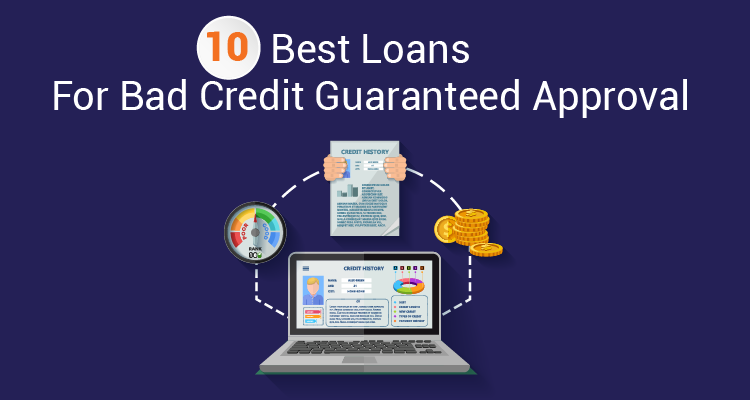No Credit Check Loans Guaranteed Approval Bad Credit
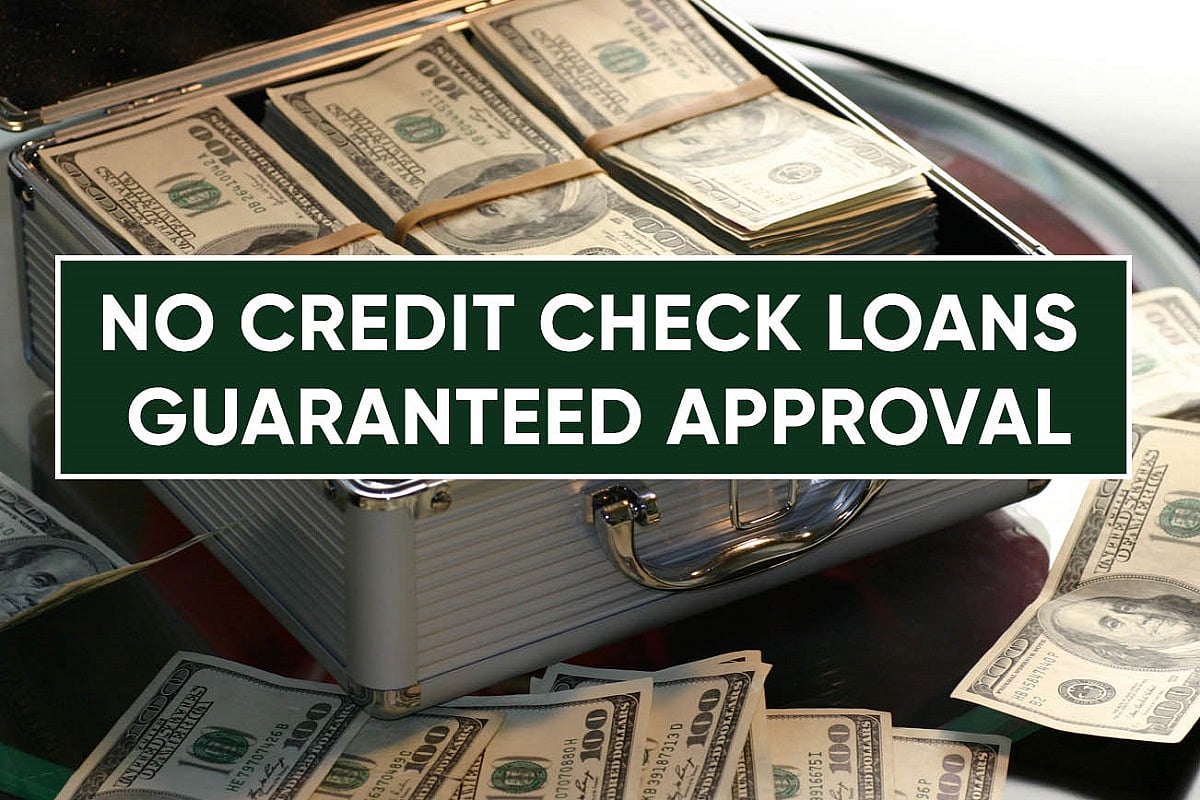
Urgent Consumer Alert: "No Credit Check Loans" promising guaranteed approval for bad credit are aggressively targeting vulnerable individuals online.
These offers, often advertised as a quick fix for financial emergencies, are frequently predatory lending schemes that can trap borrowers in cycles of debt, despite the enticing promises.
Predatory Lending Practices on the Rise
The Federal Trade Commission (FTC) and consumer advocacy groups are reporting a significant increase in deceptive marketing tactics employed by lenders offering "no credit check" loans.
These lenders often operate online with limited oversight, making them difficult to track and hold accountable for their practices.
What are "No Credit Check Loans?"
"No credit check loans" are short-term, high-interest loans offered to borrowers without a traditional credit assessment.
They are marketed as an accessible option for individuals with bad credit or no credit history who might be denied loans from conventional banks or credit unions.
The Reality Behind "Guaranteed Approval"
The promise of "guaranteed approval" is a major red flag. Legitimate lenders always assess a borrower's ability to repay a loan, regardless of their credit score.
Lenders offering guaranteed approval often compensate for the increased risk by charging exorbitant interest rates and fees.
These fees can quickly accumulate, making it difficult for borrowers to repay the loan, leading to further debt.
Where are These Loans Offered?
These loans are primarily offered online through websites and social media advertisements.
Consumers should be wary of unsolicited emails or text messages promoting "no credit check loans."
Many of these offers originate from offshore entities, further complicating recourse for defrauded borrowers.
Who is Targeted?
The primary targets are individuals with bad credit, low incomes, or those facing unexpected financial hardships.
These individuals are often desperate for immediate financial assistance and are more vulnerable to deceptive marketing tactics.
How Do These Loans Work?
These loans typically involve a short repayment period, often just a few weeks or months.
The Annual Percentage Rate (APR) can range from hundreds to even thousands of percent, far exceeding the rates charged by traditional lenders.
Borrowers are often required to provide access to their bank accounts, allowing the lender to automatically withdraw payments, which can lead to overdraft fees if funds are insufficient.
The Risks Involved
The risks associated with "no credit check loans" are substantial.
High interest rates and fees can lead to a debt spiral, making it impossible for borrowers to escape the cycle of borrowing and repayment.
Failure to repay the loan can result in collection calls, wage garnishment, and further damage to the borrower's credit score, contrary to the initial promise of not checking credit.
Protect Yourself: Warning Signs and Best Practices
Be extremely cautious of any lender promising guaranteed approval regardless of your credit history.
Always review the loan terms and conditions carefully, paying close attention to the APR, fees, and repayment schedule.
Never provide your bank account information or Social Security number to an unverified lender.
Alternatives to "No Credit Check Loans"
Explore alternative options such as credit counseling, personal loans from credit unions, or borrowing from friends or family.
Contact your local community action agency or non-profit organization for assistance with emergency financial needs.
Consider secured credit cards or credit-builder loans to improve your credit score over time.
Ongoing Investigations and Enforcement Actions
The FTC and other regulatory agencies are actively investigating lenders offering "no credit check loans" and taking enforcement actions against those engaging in deceptive or predatory practices.
Consumers are encouraged to report any suspected instances of fraud or unfair lending practices to the FTC and their state attorney general.
Next Steps for Consumers
If you have taken out a "no credit check loan," contact a credit counselor or legal aid organization to explore your options for managing the debt.
File a complaint with the FTC and your state attorney general's office.
Be proactive in protecting yourself from future predatory lending schemes by staying informed and vigilant.
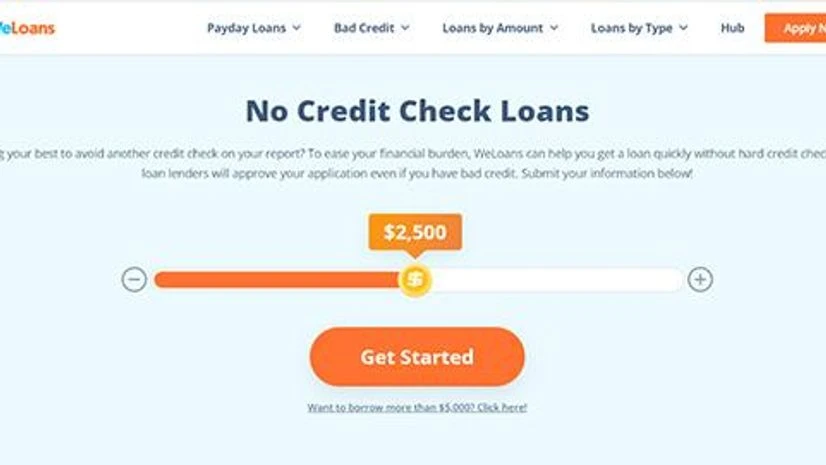)

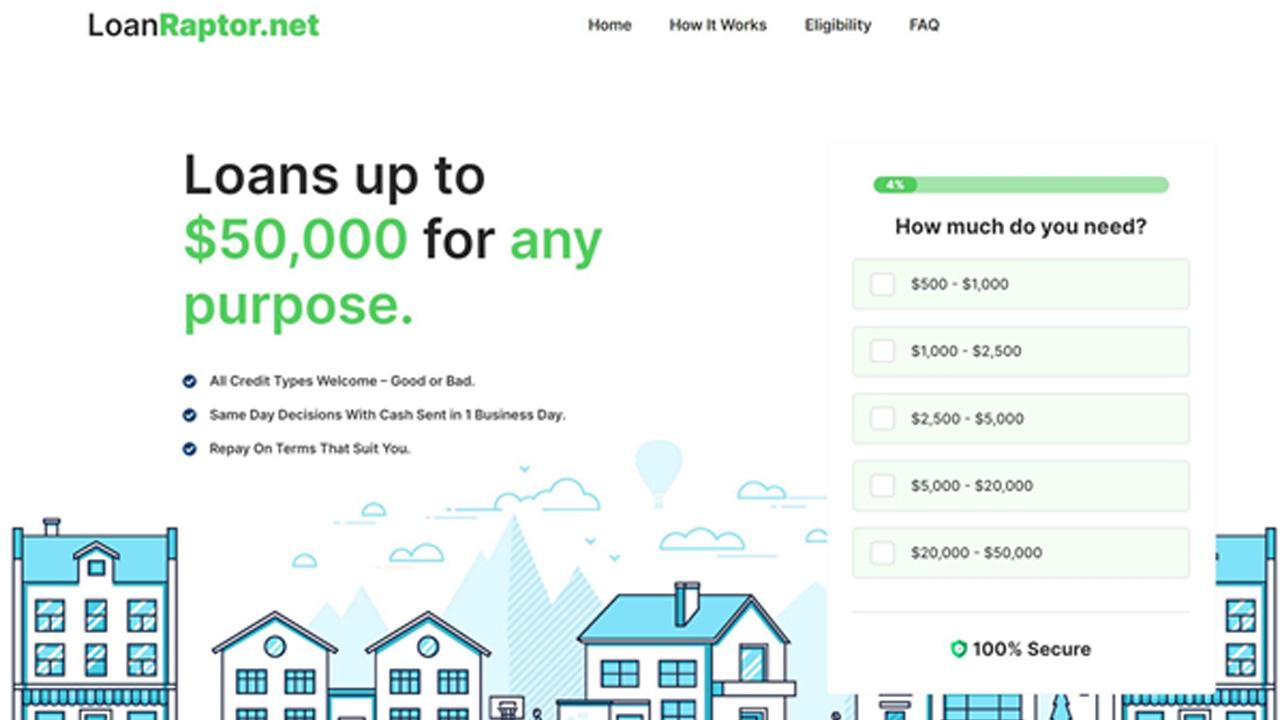




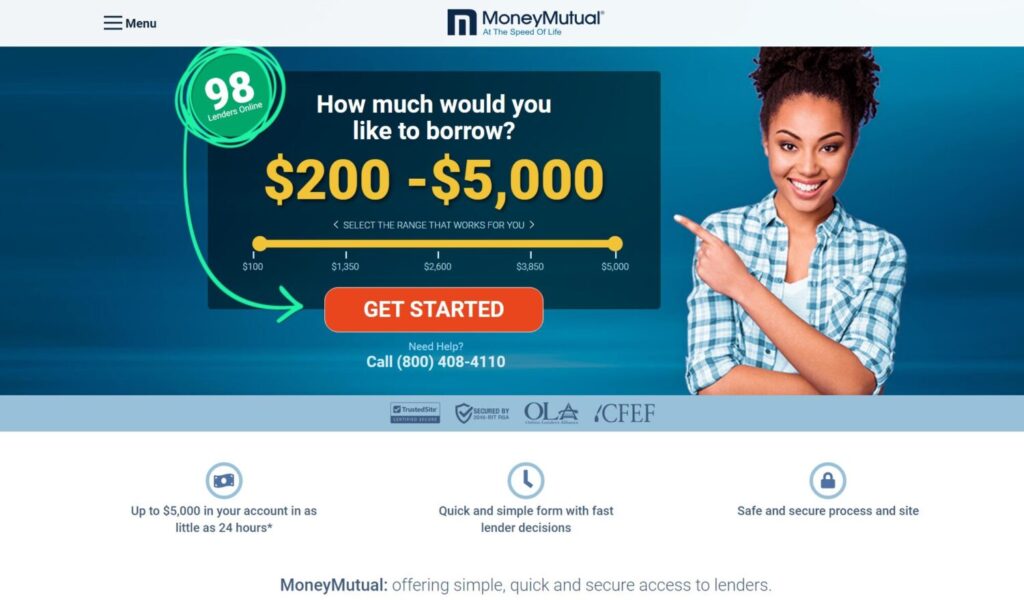


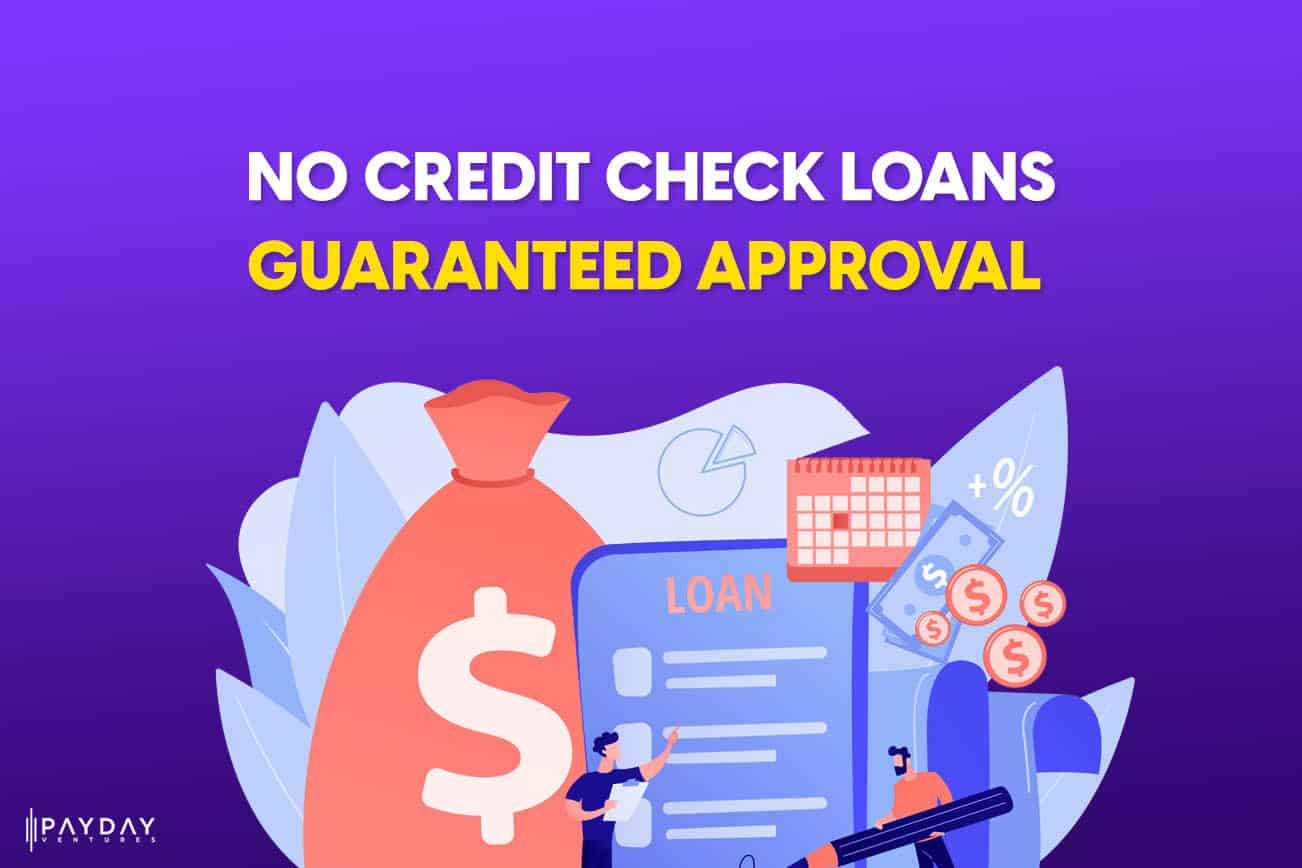

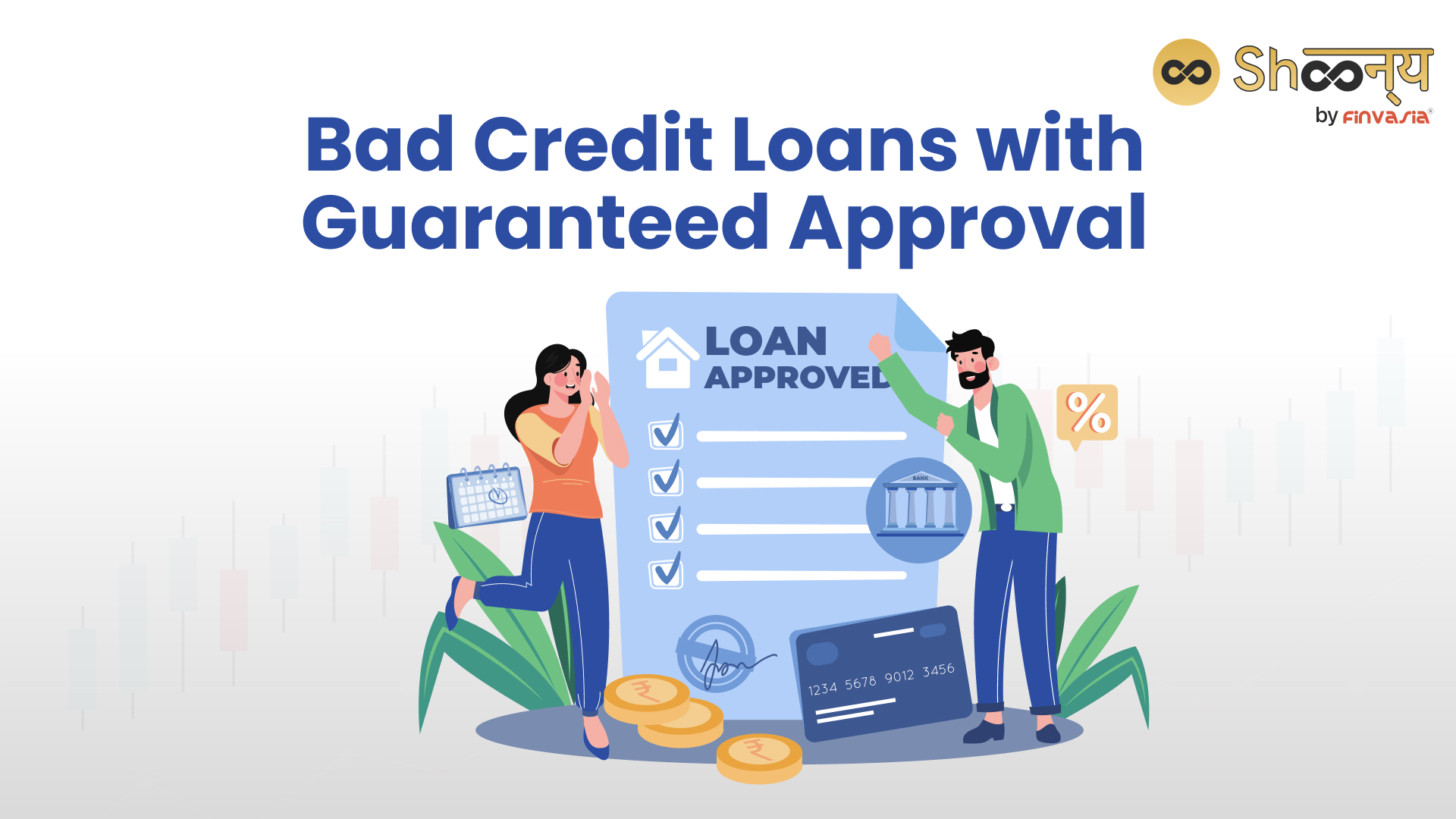
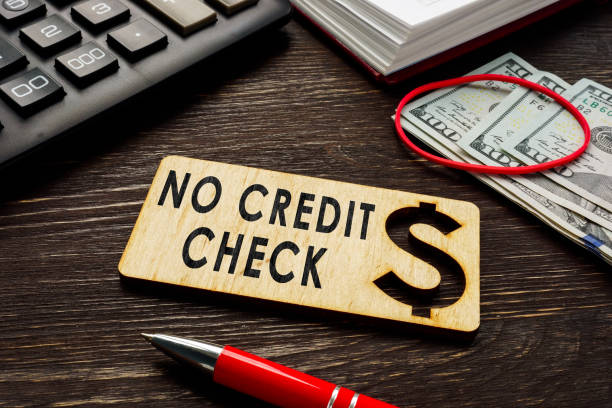
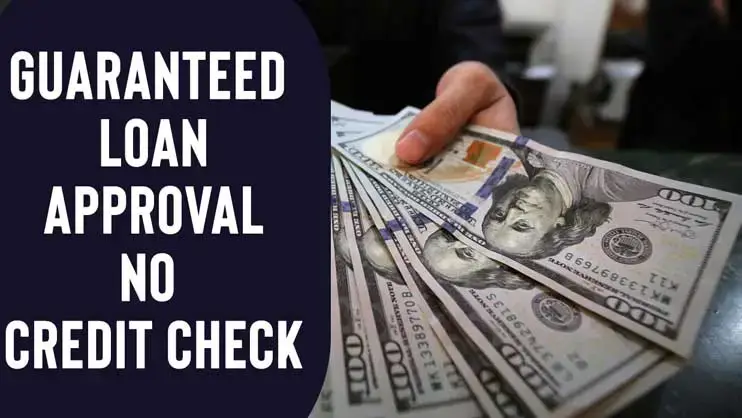
)
